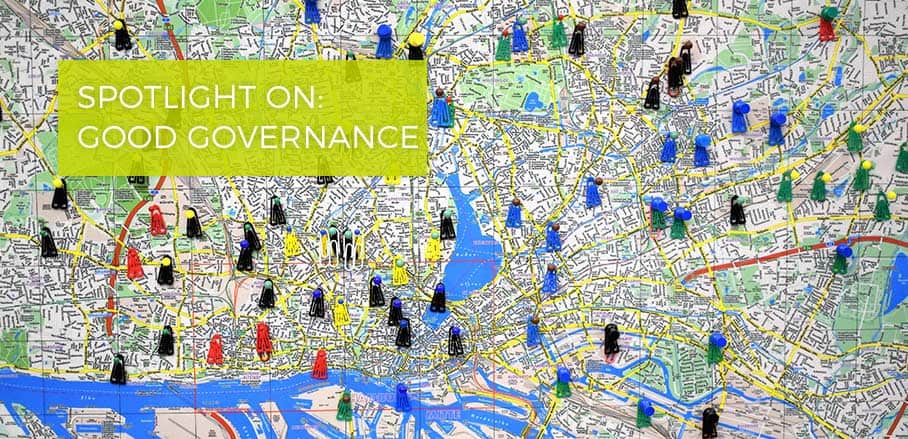Open Data for Better Public Services
To improve public services and increase transparency, the City of Buenos Aires has developed various open data applications.
Data is being created everywhere at an unprecedented rate. According to the World Economic Forum, it’s estimated that by 2025, 463 exabytes of data will be created each day globally. Data has become the main input of the economy and the most valuable and strategic asset that organisations have. Global consulting firm McKinsey estimates that open data – public information and shared data from private sources – can help create US$3 trillion of value per year in seven areas of the global economy: education, transport, consumer products, electricity, oil and gas, health care, and consumer finance.
Open Data Applications in Buenos Aires
In cities, the potential of open data is huge. Since the launch of BA Data in 2012, Buenos Aires has developed an Open Government Ecosystem to enhance the value of public information. Opening data generates more transparency, improves public services, and gives a valuable input for citizens and companies to create value by using the information.
It takes everyone’s intelligence to solve the challenges of the 21st century, so the more open data is available, the more tools people have to unlock new ideas and solve everyday challenges their cities are facing. Currently, Buenos Aires has opened 296 datasets and created several websites and apps that visualise, for example, the cost of public works, allow to access building permits, or estimate the best location to open a new business by mapping commercial opportunities in the city.
BA Obras (BA Public Works) visualises all the information on more than 900 public works carried out between 2016 and 2019. The platform allows users to see the works’ budget, start and finish dates, contractor and biding documents, and preview progress with videos and photos. With a user-centred design, the site is increasingly used by residents, NGOs and journalists and has become a tool to engage locals in participatory processes like town hall meetings, or co-creation urban design processes.
Opening up data to the public also provides greater transparency to a key sector. Programmed in open source, the Open Government Ecosystem site has been replicated by several Argentine cities and by San Pablo (Brazil) and Veracruz (Mexico). The platform was also uploaded to the IDB “Development Code” library—an initiative that gathers open source digital tools from Latin America and the Caribbean—and can hence be considered a regional public good.
Opening Data Improves Public Services
The Transportation Secretary of Buenos Aires releases data feeds with accurate real-time data on bus arrivals that allows developers to create bus tracker apps or add the information to existing ones such as Google and Waze. The information reduces waiting times for the passengers and allows them to better plan their trips.
Plano Abierto BA, a recently developed tool, opens up all the available information on more than 300.000 plots of the city. Since Buenos Aires has recently reformed its Urban and Building Codes, this site enables people to see land uses, maximum construction heights, access construction permits for any plot in the city, and see inspections carried out on private developments and businesses. All the information is now available online for free. The site provides predictability on the future development of the city and enhances the understanding of urban regulations for both residents and developers.
Information opened by the government can also boost the competitiveness of a sector. Buenos Aires’ Tourist Intelligence System, with information on the arrival of national and international tourists, projections of flight reservations or real-time mobility data of tourists, holds great potential for the entire tourism sector.
Companies are increasingly using the data government opens to create new services. For instance, Acindar, a steel mill, analyses data on construction sites and permitted heights to project future demand and estimate its steel production. TripGo, a free city transit planning and booking app, collects data on streets, bicycle use, and public transport routes, among others, to develop new mobility services.
Every dataset contains an opportunity. In the era of collaborative economy, openness is also a basic condition to allow the creation of new companies that generate public value. The next challenge we face as a government is to deepen our work with the private sector, especially focused on the knowledge economy – such as health, mobility or housing – to promote the creation of new companies that create public-private value by generating data and opening more information.
